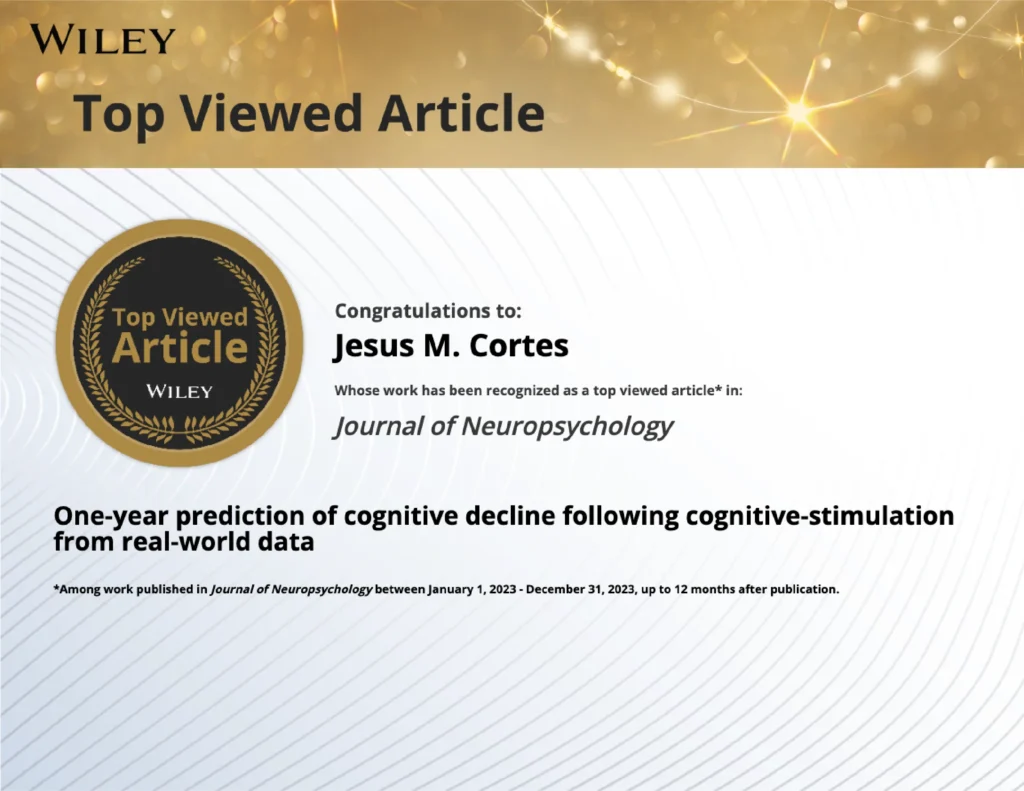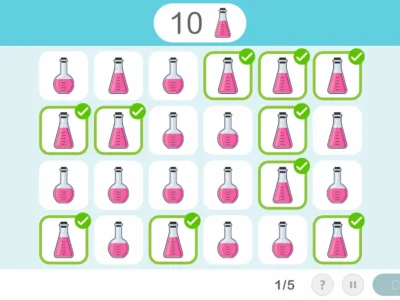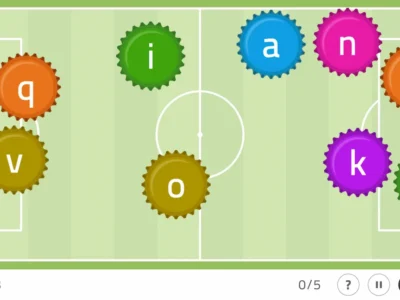Journal of Neuropsychology, the prestigious journal of the British Psychological Society, has recognized our study on predicting cognitive decline carried out with real-world NeuronUP data.
NeuronUP’s commitment to research in the field of cognitive stimulation has received new international backing. Journal of Neuropsychology, the official publication of the British Psychological Society, has recognized as a featured article an innovative study developed by our research team.
This work demonstrates how, through the regular use of the NeuronUP platform, it is possible to predict one year in advance the risk of cognitive decline, opening new opportunities for earlier and more personalized intervention.
A look at the study: How was the research conducted?
The study, titled “One-year prediction of cognitive decline following cognitive-stimulation from real-world data”, aimed primarily to evaluate whether the cognitive-stimulation resource materials developed by NeuronUP could be beneficial for predicting long-term cognitive decline in real-world users.
To this end, the researchers carried out a longitudinal modeling on a robust database composed of 124,610 cognitive test records, which covered a total of 29 cognitive domains and included a total of 7,902 users.
The cognitive performance and cognitive trajectory of each user were evaluated using NeuronUP Score, a measurement index for individual monitoring on the platform. The Score, which ranges from 0 to 100, is obtained by combining each user’s number of correct answers, the time taken to complete each activity, and the difficulty level of those activities.
Findings of the study
One of the major achievements of this study was identifying which types of cognitive-stimulation resources have the greatest predictive value for cognitive decline.
To achieve this, a total of 203 materials designed by NeuronUP were selected, each focused on working different intervention areas. Their analysis showed that some of them are especially effective, with area under the curve accuracies greater than 0.89, a significantly high value compared to similar previous studies.
Among the most effective are resources designed to work on processing speed, attention and executive function.
In addition, the detailed analysis by specific pathologies yielded particularly interesting results. For example, selective attention was a good predictor of cognitive decline in people with Parkinson’s disease. Conversely, in Alzheimer’s cases the materials showed a more moderate predictive capacity.
International recognition of the study
This study has been selected by Journal of Neuropsychology as a featured publication for its methodological innovation, the quality of its data and the clinical relevance of its results. The endorsement of the British Psychological Society represents an important scientific endorsement that reinforces NeuronUP’s usefulness as a reference platform in the field of applied neuropsychology.
In addition to validating the effectiveness of digital cognitive stimulation, the research has led to the development of an internal data engineering infrastructure at NeuronUP, with a team dedicated exclusively to the analysis and modeling of clinical data, thus consolidating a line of work based on evidence.

Conclusion
Thanks to this study, NeuronUP positions itself as a key technological tool in the fight against cognitive decline. The possibility of precisely and personally predicting which users are at risk opens the door to more effective and earlier interventions, significantly improving the prognosis for many people.
If you liked this blog post about the cognitive decline study, you will likely be interested in these other research studies:
“This article has been translated. Link to the original article in Spanish:”
El estudio de NeuronUP que anticipa el deterioro cognitivo recibe un prestigioso reconocimiento internacional







Leave a Reply